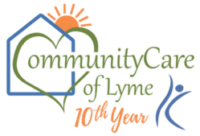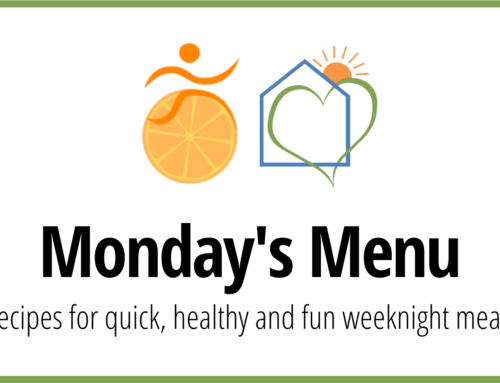Intuitive Eating: Supporting wellness in the New Year & beyond
Laurie Veillette, PsyD.
The term Intuitive Eating was coined by two dietitians, Evelyn Tribole and Elyse Resch. At the time of its development in the late 90s, it was an approach to mind and body that directly conflicted with the ideals of that time around thinness, dieting, and anti-fatness.
According to Tribole and Resch, Intuitive Eating is “a dynamic mind-body integration of instinct, emotion, and rational thought. It is a personal process of honoring your health by paying attention to the messages of your body and meeting your physical and emotional needs. It is an inner journey of discovery that puts you front and center; you are the expert of your own body.”
If this sounds intimidating, it may help to know that you were once an intuitive eater. We are all born intuitive eaters with a natural ability to sense into our bodies and taste buds and allow them to take the lead – determining what, when, how, and how much to eat. Unfortunately, through the course of our lives we are repeatedly exposed to anti-fat, pro-diet, pro-“health” messaging that can block these “signals” and prevent us from honoring what the body is truly asking for. Intuitive eating helps to clear out this noise so that we are free to reclaim the mind-body connection.
The Intuitive Eating approach is NOT a diet approach – nor is it weight-centric. In fact, the Intuitive Eating literature encourages people avoid scales unless medically necessary. This allows us to move away from the hamster wheel of constantly striving to change body weight, shape, and size – and it makes it easier for us to focus on how we FEEL – a much more reliable indicator of health and wellness. Intuitive Eating focuses on reconnecting the mind and body, and honors our individual preferences, needs, and hunger/fullness/satisfaction cues. It is an evidence-based approach for reclaiming a neutral relationship with body, food, and movement – and helps to relieve the tension people often feel around food and eating.
The Intuitive Eating protocol is comprised of 10 principles:
- Reject the diet mentality
- Honor your hunger
- Make peace with food
- Challenge the food police
- Discover the satisfaction factor
- Feel your fullness
- Cope with your emotions without using food
- Respect your body
- Movement – feel the difference
- Honor your health with gentle nutrition
Unlike modern diets, rigidity and perfection are not the standard in Intuitive Eating. Rather, the overarching goal is that, FOR THE MOST PART, you are eating and moving in the ways that help you feel your best. That’s it. The “for the most part” mentality grants us the flexibility to have days when we don’t eat in the ways that help us feel our best (e.g., holidays, parties, emotion-driven eating). Intuitive Eating allows us to be humans navigating human lives, while achieving – AND SUSTAINING – a healthy relationship with food, body, and movement.
If you’d like to learn more about Intuitive Eating, check out this link. The Intuitive Eating Workbook is a highly recommended read.
Does the concept of Intuitive Eating interest you? If you would like to learn more about intuitive eating, please review the recorded community discussion featuring Laurie Veillette, PsyD.
To start the video press the ▶️button below.
If you or someone you know is struggling, please reach out for help.
988 Suicide and Crisis Lifeline
NEDA (national eating disorder association)
Psychology today therapist directory
Every Wednesday, CommunityCare of Lyme lifts up a wellness topic, embracing the widest possible definition of individual and community well-being. We include local and national resources, individual and group programs and practices, and personal stories, videos, or songs that have something to teach us all. We are always seeking guest contributors!
If you have a wellness-themed topic you would like to share or learn more about, please reach out to shelby@cclyme.org
Shelby Wood
Manager of Volunteer Participation
CommunityCare of Lyme
Shelby@cclyme.org
802-468-7776 (cell)
603-795-0603 (CCL office and help line)







Leave A Comment